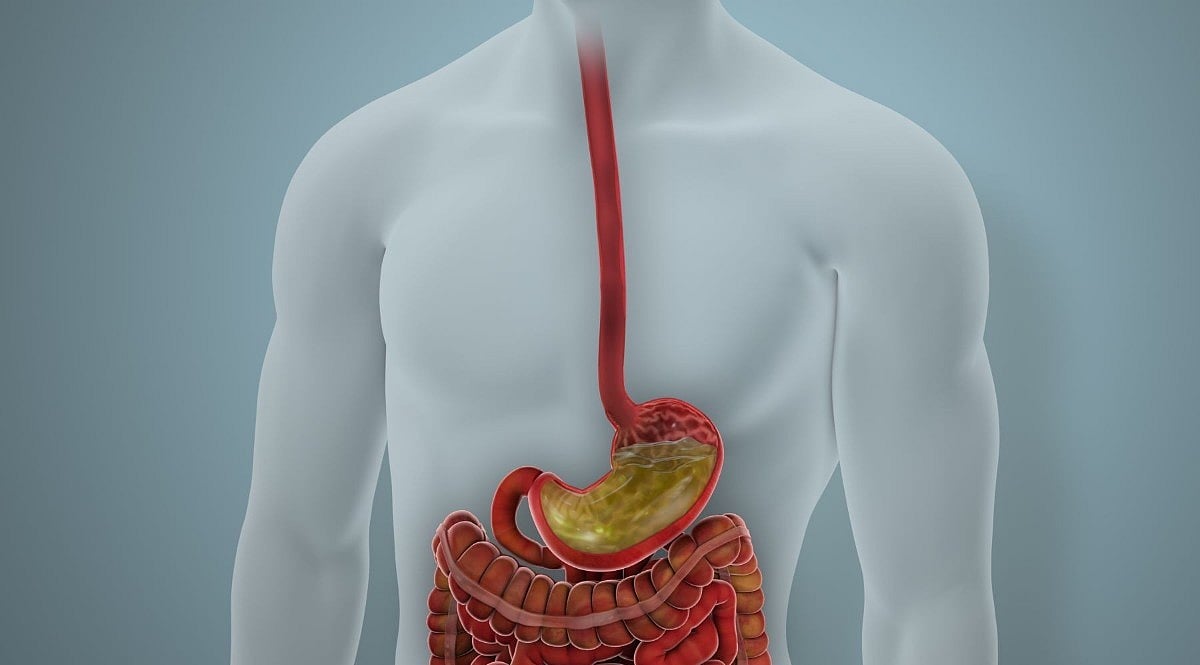(330) 876-1228
8507 Main StreetKinsman, OH 44428
(330) 876-1229

Results from a very small study suggest that a combination of the diabetes drug Ozempic and an innovative new intestinal procedure could help erase the need for insulin in folks with type 2 diabetes.
The new trial hasn't yet been published in a peer-reviewed journal and it included only 14 patients.
However, Dutch researchers report that after six months of the combo therapy, 12 of the 14 participants with type 2 diabetes no longer needed supplemental insulin.
The findings were presented Sunday at the United European Gastroenterology annual meeting in Vienna.
The intestinal procedure used in the new trial was pioneered by researchers at the Mayo Clinic in the United States. It's called Endoscopic re-cellularization via electroporation therapy (ReCET).
The procedure focuses on the duodenum, the first part of the small intestine. The duodenum is responsible for further digestion of food coming from the stomach and nutrient absorption by the body.
As explained by the Mayo Clinic's director of endoscopy, Dr. Andrew Storm, duodenum function goes awry in type 2 diabetes and ReCET seeks to repair the dysfunction.
"ReCET is non-thermal procedure that involves delivering [via an endoscope] a pulsed electric field (PEF) to facilitate the re-cellularization of the duodenum with regenerated metabolically active cells," he explained in a Mayo blog. "The goal of this procedure is to help individuals achieve better control of blood glucose levels by correcting how the duodenum functions."
It's a one-time outpatient procedure, Storm noted.
He wasn't involved in the new trial, which was led by Celine Busch, a gastroenterology researcher at Amsterdam University Medical Center.
Her team tracked 6-, 12- and 24-month outcomes for 14 patients with type 2 diabetes, ranging in age from 28 to 75. Patients ranged from normal weight to severely obese.
Each underwent the ReCET procedure while under sedation.
After the procedure, they were placed on a 2-week liquid diet and also given weekly injections of Ozempic (semaglutide).
At all three time points during follow-up, 86% (12) of the patients were able to remain free of the need for insulin, Busch's team reported.
All of the patients also achieved control of their blood sugar, with HbA1c blood test levels remaining below 7.5%.
Nearly all patients had no onerous side effects from Ozempic, with only one reporting some nausea, the researchers said.
“These findings are very encouraging, suggesting that ReCET is a safe and feasible procedure that, when combined with semaglutide, can effectively eliminate the need for insulin therapy," Busch said in a meeting news release.
ReCET has obvious advantages, she added.
“Unlike drug therapy, which requires daily medication adherence, ReCET is compliance-free, addressing the critical issue of ongoing patient adherence in the management of type 2 diabetes," Busch said. "In addition, the treatment is disease-modifying: it improves the patient’s sensitivity to their own (endogenous) insulin, tackling the root cause of the disease, as opposed to currently available drug therapies, that are at best disease-controlling.”
Of course, the trial population is very small, so this research must be considered preliminary. Busch said that larger, randomized controlled trials are needed to help support these early findings.
One such trial is now underway, with her team using the same methodology but this time comparing the use of a sham procedure or ReCET.
"This study will also include mechanistic assessments to evaluate the underlying mechanism of ReCET," Busch said.
More information
Get further details on the ReCET procedure at the Mayo Clinic.
SOURCE: UEG Meet 2024, news release, Oct. 13, 2024
